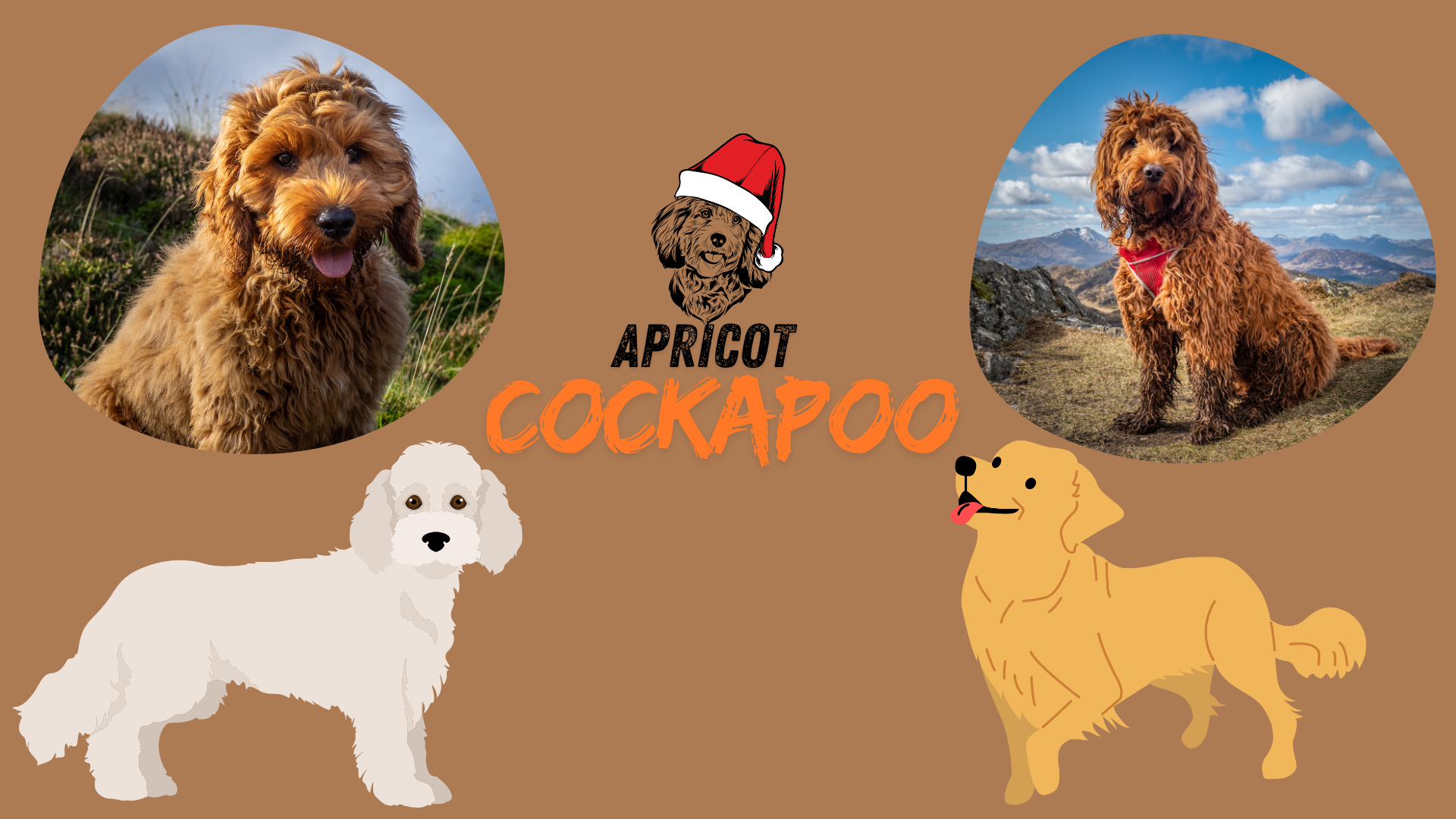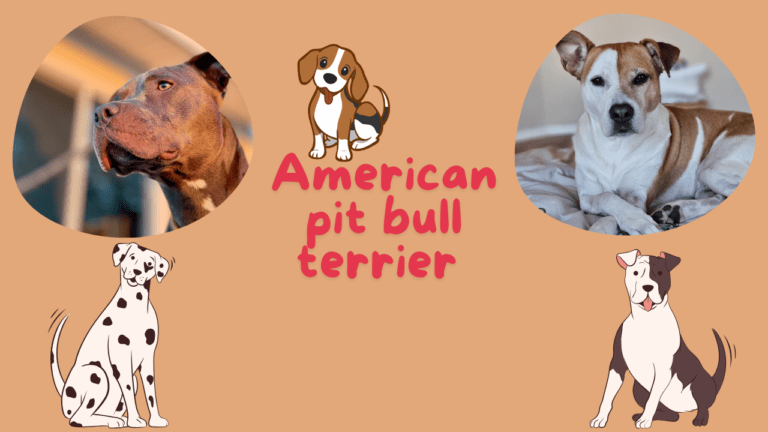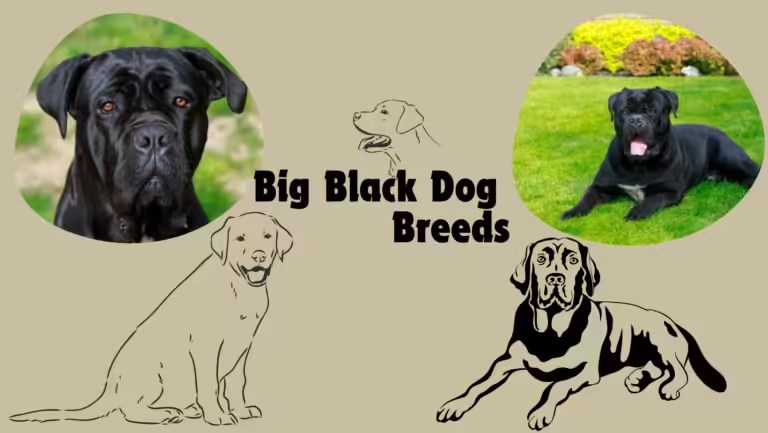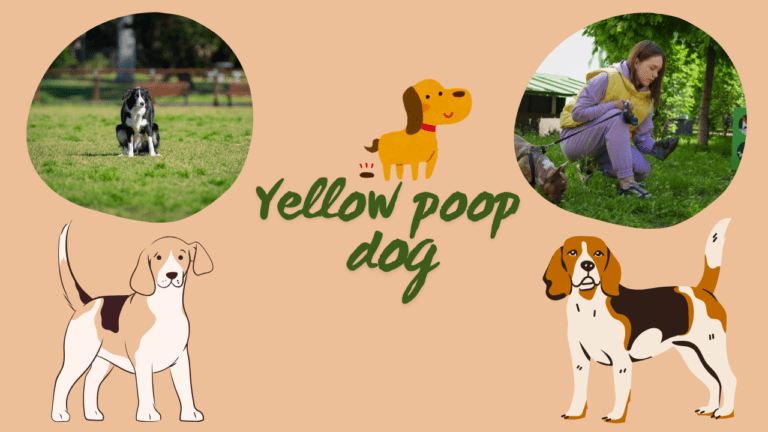The Playful Apricot Cockapoo: A Complete Guide to Its Care and Training
It is a gorgeous and affectionate cross between a Cocker Spaniel and a Poodle, and it results in an exceptionally beautiful cocker with an apricot-toned coat, small to medium-sized, combining outstanding intelligence with a playful streak while also having a generally hypoallergenic, low-shedding coat that means it suits many homes.
What is an Apricot Cockapoo?
An Apricot Cockapoo is simply a Cockapoo with an apricot-colored coat, ranging in color from light cream to deeper shades of orange.In fact, Cockapoos are considered some of the first “designer dogs.” The breed was developed in the 1960s as a combination of the characteristics of the Cocker Spaniels and Poodles. People were striving to mix the friendly and affable nature of Cocker Spaniels with the intelligence and lack of shedding of the Poodles. The apricot variety is appreciated for its special color and friendly personality. Cockapoos are loyal, intelligent, and social dogs that adapt and get along very well with people, children, and other seniors, making them great companions for those individuals, families, or seniors.
History of the Cockapoo
One of the first mixed breeds of dogs is the Cockapoo. It was first bred in the United States in the 1960s and was developed to produce a dog that brought the best qualities from the Cocker Spaniel and the Poodle to the owner. It was also bred to provide a companion dog possessing the affectionate nature of the Cocker Spaniel and the intelligence and hypoallergenic coat of the Poodle. The popularity of cockapoos is quick to strike as soon as one encounters the friendly nature coupled with versatility and low shedding. Deliberate breeding for the apricot color really brings out that beautiful striking coat.
The Unique Apricot Coat
The rare, highly sought-after coat color variation of apricot is one of the phenotypes. The apricot color of these Cockapoos ranges from pale, creamy to a richer, deeper orange-type. The apricot color is a recessive trait, which means both parent dogs must carry the gene in order to produce apricot-colored puppies. This tends to come with a minor color variation around the ears and muzzle for the unique type of coat.
Genetics Behind the Apricot Color
The soft, warm tones of the apricot color are generated by the “e” allele located at the Extension locus. It takes a combination of the right parent dog in terms of genetic makeup to produce the unique coat color displayed by an apricot Cockapoo. This can often take several generations of Cockapoo or Poodle lines to achieve a strong coat color expression.
Appearance
Apricot Cockapoos weigh 12-25 pounds and reach around 10-15 inches in height, so they are generally a small to medium breed. They have soft, curly to wavy fur that adds to their teddy bear resemblance. They often darken to a rich caramel as they mature. This lovely, large-eyed dog with floppy ears is incredibly cute and approachable.
Temperament and Personality Traits
The apricot Cockapoos are quite friendly, outgoing, and affectionate. They are playful and enjoy the family company, often attaching themselves very much to their owners. Their intelligence from the Poodle makes them train quite easily and be eager to please; not to mention that their gentle and very sociable personality from the Cocker Spaniel ensures that they tend to get along well with children and other pets as well as with strangers.
Adaptability in Different Living Conditions
Apricot Cockapoos can adjust to any living environment. Be it an apartment or a more spacious house, the dog will adjust itself if taken proper care of with regards to exercise and mental activities. These dogs require minimal maintenance in terms of energy; however, regular walks and play must be taken out with them for healthy well-being and happiness.
Health and Lifespan
Similar to any other breed, Cockapoos may be predisposed to some genetic health issues but they are otherwise robust canines for 12 to 15 years. Some of the common problems with this breed include hip dysplasia and progressive retinal atrophy (PRA) because the dog’s ears are extremely floppy and are likely to lead to infections. Routine checkups by your veterinarian along with suitable nutrition and achieving a healthy weight will help your Cockapoo live a long life filled with joy.
How to Keep an Apricot Cockapoo Healthy
Ensure the apricot Cockapoo gets a balanced high-quality diet which should supplement their specific nutritional needs. Balancing daily walks and play sessions on a regular basis helps maintain a healthy weight in order to avoid joint problems. Since cockapoos are a breed of dog with floppy ears, they tend to be able to suffer from ear infections. Therefore, cleaning the ears must be done regularly to avoid infection, brought about by buildup.
Grooming Needs
Another important feature of owning an apricot Cockapoo is their low-shedding coat because of their Poodle heritage. However, their coat must be groomed quite frequently, else it mats and becomes hard and wiry instead of the soft and curly coat it is meant to be. With this in mind, it should be brushed three to four times a week with professional grooming every few months. Their grooming routine also involves regularly brushing their teeth, trimming their nails, and cleaning their ears.
Training and Socialization
Cockapoos are clever dogs and will do extremely well with positive reinforcement training. They require early socialization to become well-adjusted, confident adults. Staying the minds sharp with basic commands and tricks will help teach them not to engage in undesirable behaviors; repetitious obedience training will boost good behavior.
Best Practices for Early Socialization
Socialize your apricot Cockapoo as much as possible from a very young age. Puppy classes, frequent visits to parks, and daily social contact with other dogs make excellent exposures to develop a friendly, confident temperament.
Exercise Requirements
Although an apricot Cockapoo is not a high-energy dog, this pup still needs regular exercise to make his life – and yours – happy and healthy. This will include a daily regime of walks, play, and stimulation maybe in the form of a puzzle toy or training.
Why Choose an Apricot Cockapoo?
The lovely combination of affection, intelligence, and the hypoallergenic coat is the apricot Cockapoo. They suit any type of family: families, singles, or the elderly. Their moderate size, low-shedding fur, and friendly disposition make them adaptable for all sorts of lifestyles.
How to Find a Reputable Apricot Cockapoo Breeder
Well, if you have decided on having an apricot Cockapoo, you are meant to find a responsible breeder who cares more about the health and welfare of dogs. You can start by looking for any breeder giving health clearances for both parent dogs and allowing you to meet the puppies’ mother. Any puppy mill or poor-practice breeder will likely produce unhealthy and poorly behaved dogs.
FAQs about Apricot Cockapoos
Are apricot Cockapoos hypoallergenic?
Yes, their low-shedding coat makes them a good choice for the mildly allergic person.
Do they bark a lot?
Cockapoos can be talkers. With training, however, their barking can be kept to an acceptable level.
Are apricot Cockapoos good with kids?
Absolutely! Their friendly, gentle nature makes them excellent companions for children.
How much exercise do they need?
Moderate amount-about 30-60 minutes of daily exercise is desirable.
What is the lifespan of an apricot Cockapoo?
Normally, they live between 12 to 15 years.
How big do apricot Cockapoos get?
They generally weight between 12 to 25 lbs.It typically stands between 10 to 15 inches in height.







